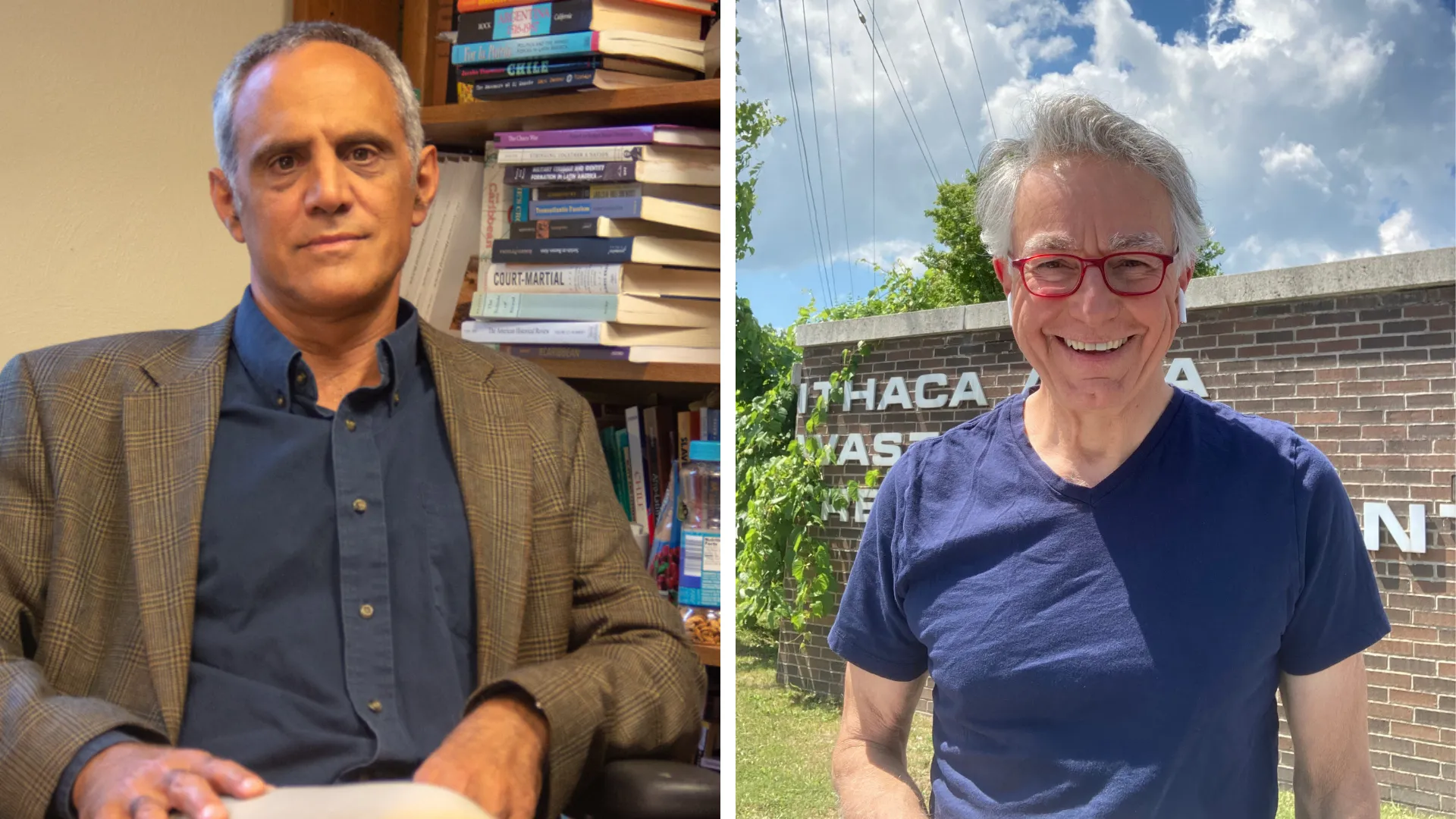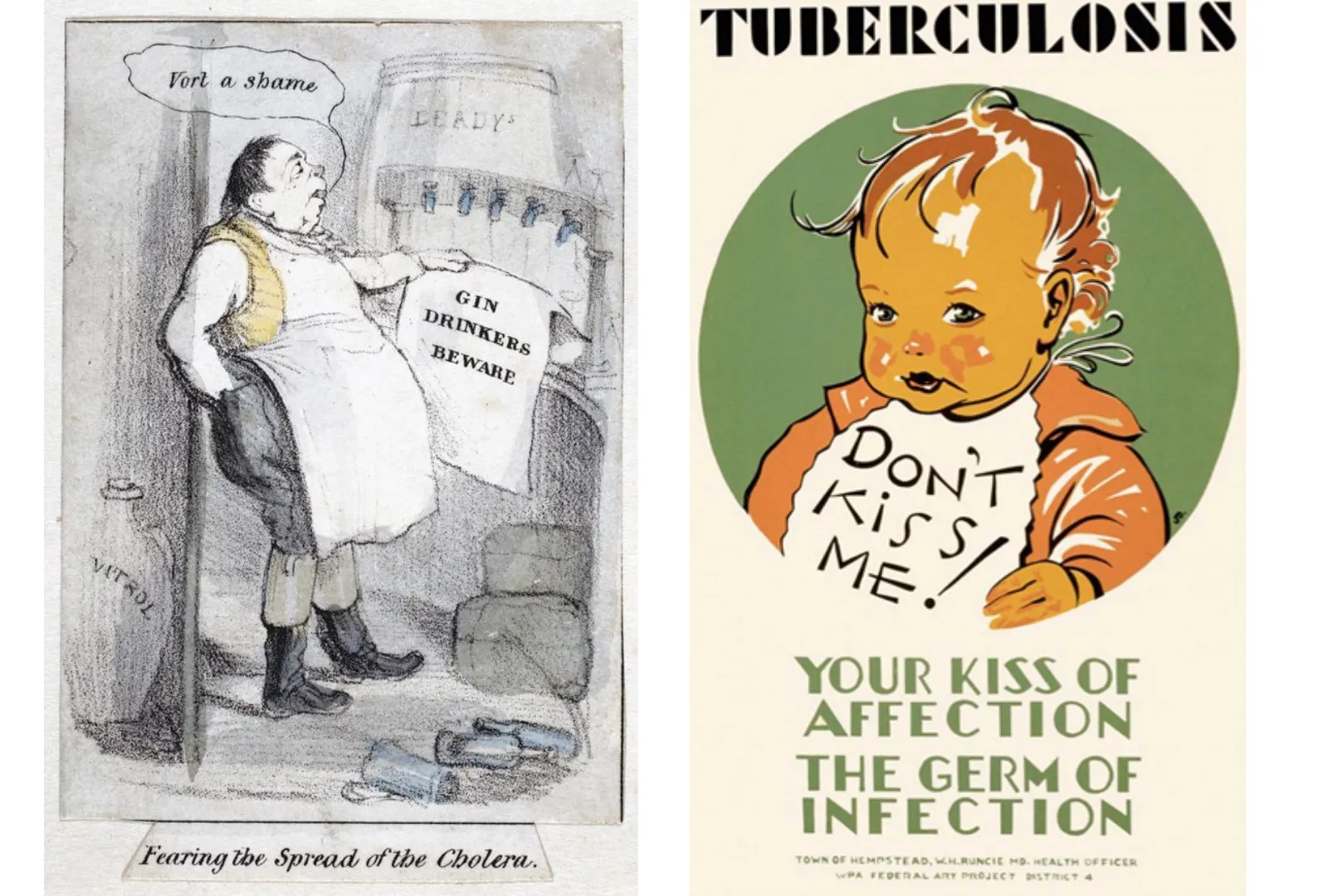In response to the coronavirus pandemic, Ithaca College professors Stewart Auyash and Jonathan Ablard created a course to help students put the COVID-19 pandemic into a broader historical context.
The course, “Cholera to COVID: A History of Public Health,'” explored the human response to pandemics in history. Ablard, who is a professor of history, and Auyash, who is an associate professor of health promotion and physical education, combined their areas of expertise to shed light on disease and pandemics throughout global history, and how it relates to the current global health crisis.
In the class, Ablard and Auyash explored the human response to pandemics starting with how humans dealt with disease in both ancient and medieval times —such as the Black Death — while working their way to the current COVID-19 pandemic. Much of the course focused on how disease interfaces with human populations, the way humans try to make sense of and solve disease, and how communities respond to disease.

